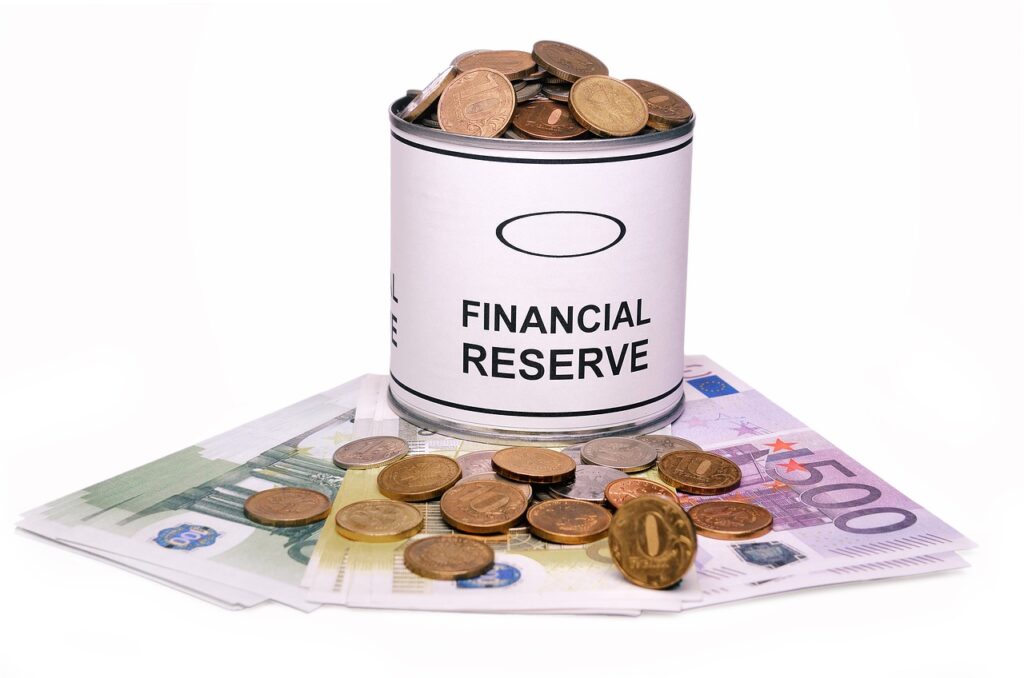Financial Advice Tidbits You Can Bank On
 Many people think that financial planning is only for individuals who enjoy a high net worth, but this is certainly not the case. Regardless of income level and socioeconomic status, we could all benefit from advice given by personal finance professionals. Even if you decide that retaining the services of a financial planner is not for you, learning about the advice that these professionals routinely give to their clients can make a difference in the way you manage your income and expenses.
Many people think that financial planning is only for individuals who enjoy a high net worth, but this is certainly not the case. Regardless of income level and socioeconomic status, we could all benefit from advice given by personal finance professionals. Even if you decide that retaining the services of a financial planner is not for you, learning about the advice that these professionals routinely give to their clients can make a difference in the way you manage your income and expenses.
A financial planner Q&A is the process that finance professionals utilize in order to determine the kind of advice and planning their clients can benefit from. Following are some general pieces of financial wisdom that financial planners often recommend to some of their clients. You will need to figure out which of the recommendations below apply in your particular situation; needless to say, the best strategy will always be to consult with a certified advisor.
Build an Emergency Cash Reserve
This should always be the first step in any financial plan; you cannot get started with investing unless you have saved up at least three months worth of household expenses including groceries. Keep in mind that investing means putting money at risk, and you do not want to tap into this emergency cash so that you can fund an investment idea.
Set Aside 20% of Income for Purely Financial Purposes
How can you build your emergency cash fund if you have zero savings? One way to do so is by allocating 20% of your income. It may take you almost a year to fully fund your reserves, but you may be able to speed this up if you temporarily cut down on some expenses.
Once your reserves are fully built up, you will have developed sufficient financial discipline to continue setting aside 20% to meet certain goals; for example, you may open a high-yield savings account that pays compound interest on a daily basis, and you can stick to a regime of depositing 20% of your net paycheck into this account.
If compound interest seems too conservative for your taste, the 20% can go towards a 401(k) plan or a portfolio filled with blue chip stocks.
Resolve to Pay Off High-Interest Debt
You will never be able to come out ahead financially if you are carrying high balances on credit cards that are squeezing you with high annual percentage rates. High-interest debt will forever hang over your head like the sword of Damocles unless you make a solid plan to get rid of it.
Chances are that just about any investment strategy you choose will not generate rates of return higher than the interest being charged against you by the most exorbitant credit cards in your wallet. Even if you manage a compounding portfolio with certificates of deposit paying 4%, this will pale in comparison to the compound interest accumulating against you on a daily basis. Make it a point to eliminate this debt after your emergency cash fund is established.
